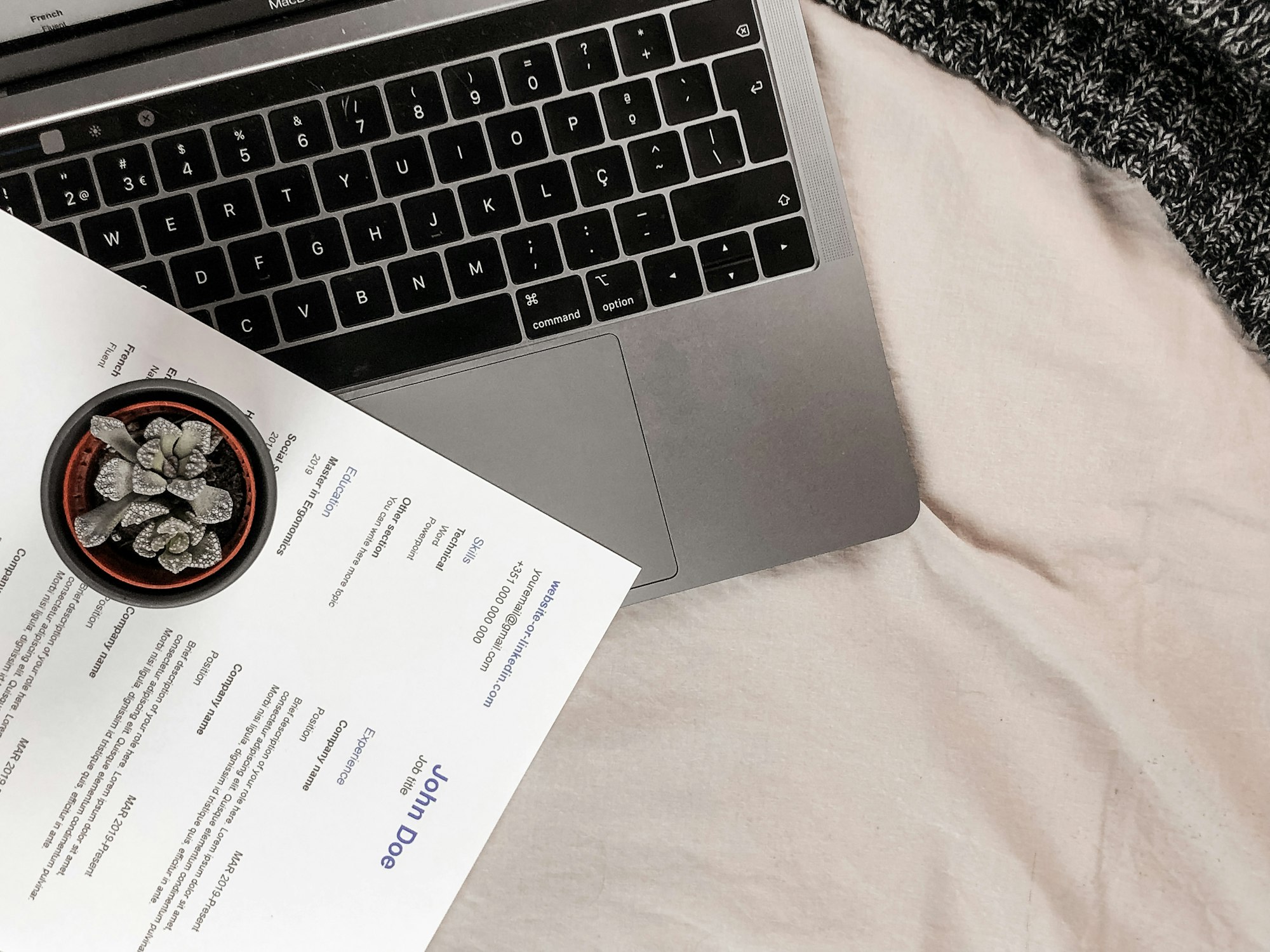From Go-Giver to Mo-Giver: Lessons From Entrepreneuring

The more I've learned on this journey of blogging, exploring the internet and trying out cool new ways of solving problems in the world, the more I've realised just how much it matters to give back in a tangible way.
Not just in the sense that it feels morally just to do so, but that even as a business strategy, it almost guarantees you'll get your fair share of return, and much more.
This post is a lot more entrepreneurial and business-based. I've started to think more like this recently, as I've decided on a problem I'd like to solve: educating engineering students on the best ways to spend their time on their course, whether that be through studying, making connections in the industry or developing their personal skills.

Listening to talks, podcasts and videos from all these successful entrepreneurs - Gary Vee, with his book 'Jab, Jab, Jab, Right Hook' about the importance of giving free value - stories from Ali Abdaal's YouTube Deep Dive interviews, about making an effort to help alleviate the problems people go through, and many more; everything has pointed me towards this idea of focusing solely on what issues I get enjoyment out of solving for people - hence this train of thought I've had the last few days.
Today I found another source to back up that theory: a book called 'The Go-Giver' by Bob Burg and John David Mann.

Far from following the ruthless mentality of the stereotypical entrepreneur or businessperson, the Go-Giver outlines the benefits for entrepreneurs to approach business with a giving mentality as opposed to a taking one. In other words:
"Go-getters don't get very far in business - go-givers do."
The Go-giver mentality is fuelled by the pleasure of giving, and what can be offered to others. In that way, it subverts this idea that people with people-pleasing personalities are somehow less capable of leading or creating businesses; quite the opposite. When you base your entire work approach around the customers or people you serve, the returns you get are astronomically better.

I’ve always realised to some extent that the positive return for just helping people is so beneficial in so many unexpected ways that it’s almost dumb not to be doing it, but to hear it described through the simple laws in the book was another thing: I'd inadvertently discovered the Law of Influence. I needed to focus on others’ interests first.
The Law of Influence: your influence is defined by how often and how much you focus on others’ interests first. The best way to build strong relationships is to focus 100% on helping the other person, without keeping track of how much others owe you or how much they gain. When you add value to others freely, people are naturally attracted to you, like you and want you to succeed, and you essentially build an army of personal ambassadors.
Having not read the book yet, but being amazed even just by the summary, I think it's definitely going to be up there in my favourite picks.
Insights from Tim Armoo
A lot of the insights from this post stemmed from me listening to the podcast linked above. I love watching these Deep Dives, and one recurring theme I hear listening to them, is the realisation that as the ceiling for success constantly changes, successful entrepreneurs start asking themselves when they feel they'll finally have enough money. I came across this really interesting insight, that Ali relayed:
"The only time you should ask yourself what amount of money is enough, is if you’re earning for yourself. If you’re earning to solve a problem in the world - it’s not a question you ask."
In other words, if you're fully dedicated to solving a problem in the world, at scale, for millions, even billions of people - you can never have enough capital. Anything and everything can be used to drive further growth and support that cause. New systems, new hires, more people to help you meet that goal. It's quite inspiring in a way, and makes me wonder what sort of goals and problems are out there, that can be set with such high sights.

It made me realise - if you were to set out to build a business to solve a problem like that, the only reason you would be chasing money in the early stages is to answer the question: "what can I do to further solve this problem". Through building a business, creating a team, buying software, or any other means. But without knowing that next step, it manifests in your mind and through your actions that you’re just earning for yourself and not actually trying to solve the problem.
Abundance vs Scarcity
Another revelation I came across was to do with developing an abundance mindset over a scarcity mindset in terms of money, and reframing this idea that 'side hustles' are there to make money.

I think to some extent a lot of people view it in halves. Let me explain:
When people get into these sorts of entrepreneurial pursuits, they tend to gather two views. On one hand, they think ‘I’m doing this to provide value to people and have this positive impact in whatever respect’ and on the other hand they’re thinking ‘and, I can make a bit of money on the side’.
That second 'and' thought is very tricky, and can often quite easily influence our decisions on how we go about creating or building a business or brand to sell.

But a workaround I found for it was to actually shift the ‘money making’, reward reaping aspect all the way down the line, to the end of my potential journey with any business/side hustle I create. In other words, I tell myself - regardless of whether I make £1 or £1000 through this in the next few weeks, I’m not allowed to spend any money on myself.
Thinking rationally, another great way to spend it would be to reinvest it BACK into the business/brand. This very quickly leads to thoughts of ways that it can be reinvested. Paid ads to generate more leads, getting software to automate things, hiring a team.

Thinking that 1 step ahead and envisioning where the money would go before it came to me, not only did it help me lose this more self-centred way of thinking, and trade it for a business-centred and people-centred one - but actually it was helpful for building the venture itself.
I thought, I might as well just invest the money into the venture, even if it's coming from my wallet. Because if the hunch is decent enough, and you're confident you have product market fit (people will actually want what you have to offer) then having a scarcity mindset is actually a large setback, and it's much more worth it to just dive in, invest, and see what happens.

It's definitely a difficult thing to do, counteracting the natural human mindsets like loss aversion, where we value not losing things much more than gaining - but I think it's definitely something to consider.
Why This Matters, and How I'm Moving Forward
I've realised I have certain advantages as a student. As a third year, studying aerospace engineering at a great university. And it's led me to think of ways I can give back not only to my peers, but to students across the country. Why? Because at one point, I needed the help myself. To some extent, I think I still do, and so working on something that can help others as well as myself, and documenting that journey, seems like a pretty good investment to make.

I always asked myself what I would consider learning or paying money for, in terms of resources to help my studies. And I came up with these:
- Productivity hacks and tricks to save time - time is our most valuable resource. Anything to save it is a good investment.
- Organisational tools that make studying engineering much easier (see above)
- Websites to go back to often - the more I think about my course, the more I realise there are so many links I keep going back to, to learn.
- Industry tips, ways to get internships, help with deciding where to apply, and what you need to do or know for them.
- How to make a CV and write applications.

These are all things I would have valued three years ago when I first joined university, and all things I hope to give back, as advice to anyone else who's going through the same experience right now.
If you've read up to here, and you can think of anything else - let me know! I'm more motivated than ever to create valuable resources for students, and I want to see where the journey takes me.
On the off chance that you've read something on here and loved it, or want to read more, feel free to shoot me a message on my socials:
Instagram:
Twitter:
Facebook:
LinkedIn:
The feedback helps massively. Thanks!
